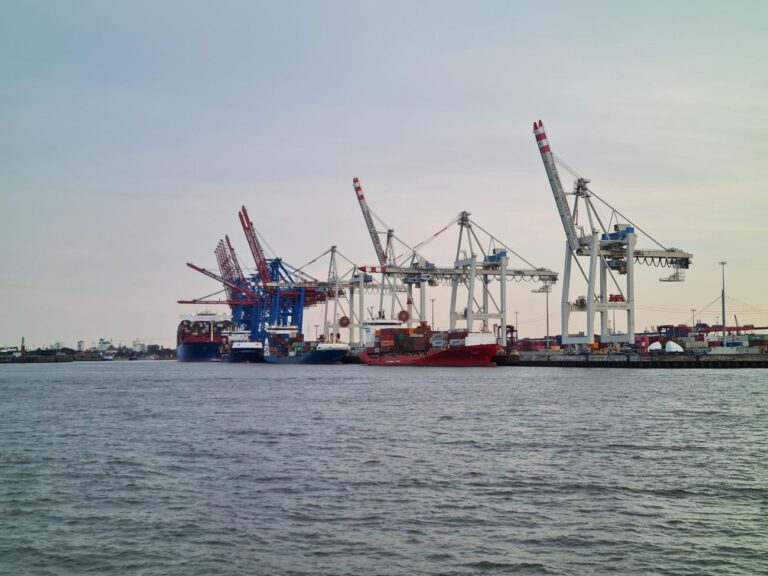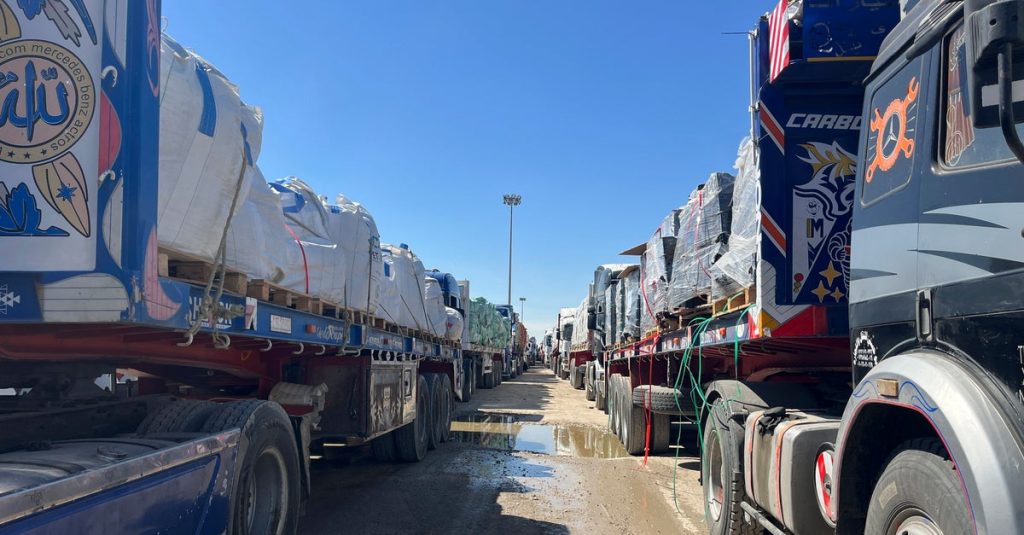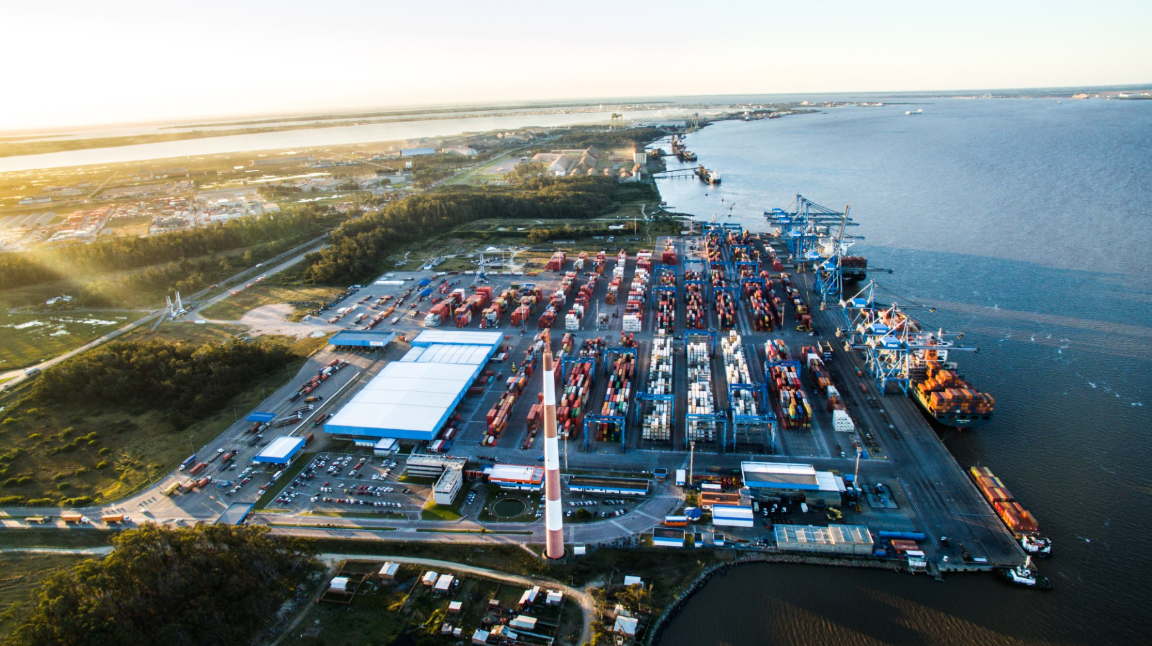Now Reading: EMSA to assist EU in implementing maritime decarbonization measures
-
01
EMSA to assist EU in implementing maritime decarbonization measures
EMSA to assist EU in implementing maritime decarbonization measures

European Council and European Parliament have come to a tentative political agreement to better align the European Maritime Safety Agency’s (EMSA) responsibilities. EMSA is crucial for managing pollution incidents at sea and advancing the maritime sector’s digitalization and sustainability efforts. The agreement also allows for potential updates to EMSA’s tasks to address emerging security threats like cyber security and hybrid risks.
The new regulation will offer a more appropriate legal framework for EMSA to carry out its duties in maritime safety, pollution prevention, decarbonization, surveillance, and maritime awareness. Additionally, EMSA will provide technical and scientific support to Member States and the Commission. The revision aims to ensure that the agency is adequately equipped with human and financial resources to meet its objectives effectively.
The Polish Minister of Infrastructure, Dariusz Klimczak, praised EMSA’s vital role in European maritime safety and emphasized the importance of updating its mandate to align with current and future challenges. The European Commission also welcomed the agreement, highlighting EMSA’s enhanced role in implementing regulations such as the FuelEU Maritime Regulation and expanding the EU Emissions Trading System to maritime transport.
The update is the final component of the EU’s maritime safety package, which aims to modernize regulations on maritime safety and ship pollution. The remaining proposals were approved in autumn 2024. The provisional agreement will undergo review and approval by member states’ representatives and the European Parliament before formal adoption.
Established in 2002, EMSA is based in Lisbon, Portugal, and assists member states and the Commission in ensuring maritime safety, environmental protection, coast guard activities, surveillance, and digital services. Despite high safety standards in EU waters, over 2,000 marine accidents and incidents are reported annually, highlighting the importance of EMSA’s role in safeguarding maritime activities in the region.






